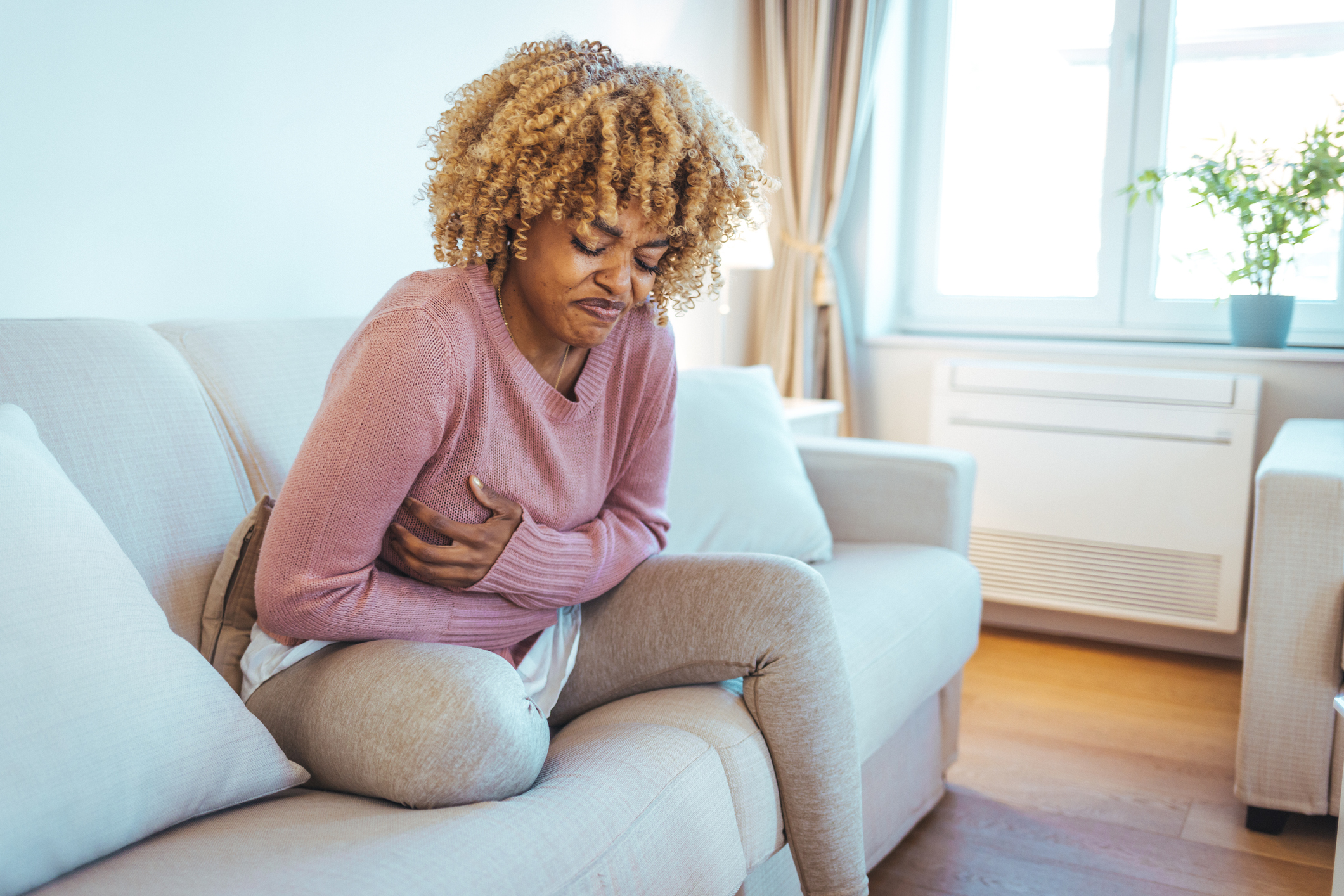Get Easy Health Digest™ in your inbox and don’t miss a thing when you subscribe today. Plus, get the free bonus report, Mother Nature’s Tips, Tricks and Remedies for Cholesterol, Blood Pressure & Blood Sugar as my way of saying welcome to the community!
4 red flags that signal colorectal cancer

Colorectal cancer is fast becoming a younger person’s disease.
In 2019, 1 in 5 cases of colorectal cancer were in people age 54 or younger, double the rate of 1 in 10 in 1995. And since 2005, colorectal cancer death rates have increased by 1 percent annually in people younger than 50 and by 0.6 percent in people ages 50 to 54.
There is plenty of speculation as to why…
For example, a study presented at the ESMO World Congress on Gastrointestinal Cancer found antibiotic therapy use was associated with an increased risk of colon cancer across all ages. However, the risk was increased by almost 50 percent in people under the age of 50, compared with a 9 percent risk increase in those over 50.
The prognosis for people between the ages of 20 and 40 is generally worse. That’s because their cancer is often diagnosed at a later stage since doctors are less likely to check a patient with abdominal discomfort for colon cancer if they’re in their 30s rather than their 70s, and younger patients are usually not eligible for bowel cancer screening.
That’s why recognizing red flags could save a life…
Four red flags for early-onset colorectal cancer
No matter what may be causing this colorectal cancer uptick in younger people, being better informed of the disease’s signs and symptoms makes it possible to seek diagnosis and treatment as quickly as possible.
To that end, researchers at Washington University School of Medicine in St. Louis studied health insurance data on more than 5,000 patients who contracted colorectal cancer before they turned 50. They found that during the period between three months and two years before diagnosis, four key signs and symptoms that signaled an elevated risk of the disease stood out:
- Abdominal pain
- Rectal bleeding
- Diarrhea
- Iron deficiency anemia
According to the study, the more of these symptoms a patient had, the higher their risk of colorectal cancer.
But even just having a single one of these four symptoms almost doubled the risk of colorectal cancer! Having two symptoms increased colorectal cancer risk by more than 3.5 times, and having three or more symptoms raised the risk by more than 6.5 times.
Two symptoms in particular, rectal bleeding and iron deficiency anemia, indicate the need for immediate endoscopy and follow-up.
“It usually takes about three months to get a diagnosis from the time a person first goes to the doctor with one or more of the red-flag signs and symptoms we’ve identified,” says first author Dr. Cassandra D. L. Fritz, a professor at Washington University School of Medicine. “But in this analysis, we found that some young adults had symptoms for up to two years prior to their diagnoses. That may be part of the reason many of these younger patients had more advanced disease at the time of diagnosis than what we normally see in older people who get screened regularly.”
According to the American Cancer Society, regular colonoscopies and improved treatment have led to a decline in the death rate from colorectal cancer in older adults over the past several decades. Because of this rise in colorectal cancer in younger adults, in 2021, the U.S. Preventive Services Task Force lowered the recommended age for colorectal cancer screening from 50 to 45.
Awareness is good, prevention even better
It’s crucial that if you have one or more of the four red-flag symptoms mentioned above, you see your doctor immediately and have them screen you for colorectal cancer. But of course, prevention really is the best medicine…
As is the case with many cancers, lifestyle changes such as eating healthy, unprocessed foods, exercising, losing weight and quitting smoking and drinking alcohol are key factors in colorectal cancer prevention. As far as diet goes, here’s a list of seven specific foods that can help lower your colorectal cancer risk.
In addition, according to the researchers, the anti-cancer effects of vitamin D are especially pronounced regarding colon cancer.
Maintaining a healthy gut microbiome, the population of “good” bacteria and microbes in the intestinal tract, is another key step to preventing colorectal cancer. Studies have suggested that damaging or upsetting the balance of the gut microbiome can raise the risk of the disease.
Editor’s note: Discover how to live a cancer prevention lifestyle — using foods, vitamins, minerals and herbs — as well as little-known therapies allowed in other countries but denied to you by American mainstream medicine. Click here to discover Surviving Cancer! A Comprehensive Guide to Understanding the Causes, Treatments and Big Business Behind Medicine’s Most Frightening Diagnosis!
Sources:
Red flags indicate risk for early-onset colorectal cancer — EurekAlert!
Colorectal Cancer: What Millennials and Gen Zers Need to Know — Yale Medicine
Colorectal Cancer Facts & Figures 2023-2025 — American Cancer Society












